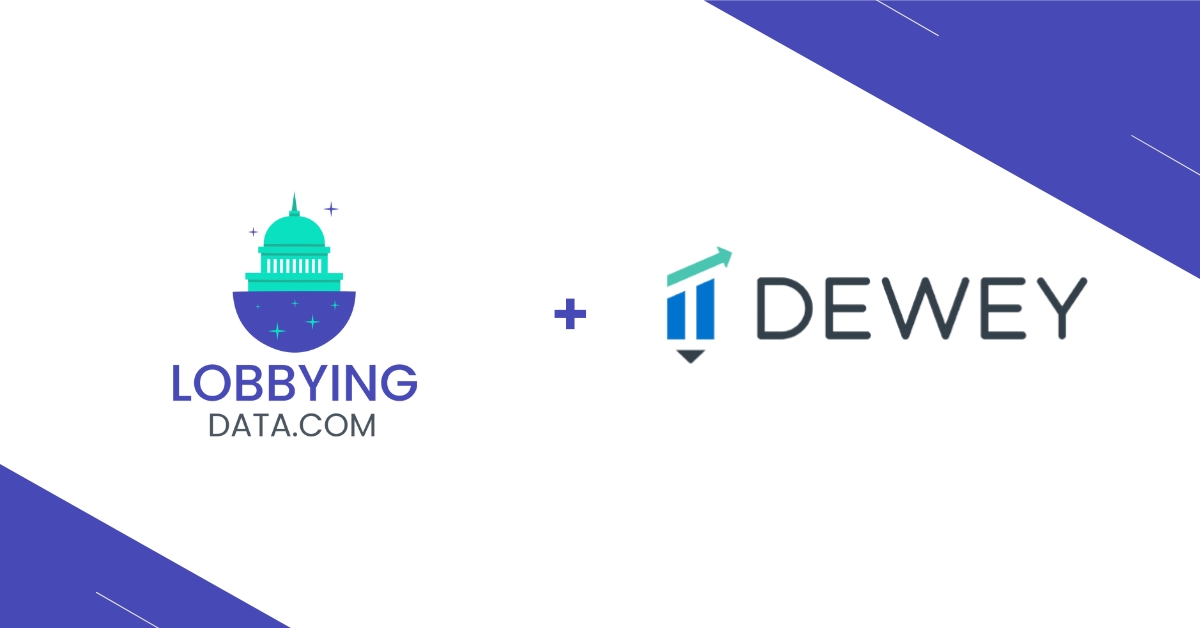Lobbyists are individuals or groups that work to influence lawmakers and government officials to make decisions that support their interests. They play a significant role in shaping public policy as they represent various industries, organizations, and interest groups. Their influence can be seen in everything from healthcare to taxes to environmental regulations. In this article, we will examine the role of lobbyists in public policy-making and the techniques they use to achieve their goals.
Understanding the Role of Lobbyists in Public Policy
Lobbyists are hired by organizations and individuals to influence public policy on their behalf. They work to secure favorable legislation, regulations, or government policies that benefit their clients’ interests. The primary goal of lobbyists is to persuade lawmakers and officials to enact policies that reflect their clients’ needs and priorities. They aim to shape the public debate, protect their clients’ interests, and advance their agendas.
Lobbyists can also provide lawmakers with information and expertise on complex policy issues. They may conduct research, publish reports, and hold briefings to educate policymakers on their clients’ perspectives. This input can be valuable to lawmakers who may not have the time or resources to fully understand the nuances of a particular issue.
Techniques Used by Lobbyists to Influence Public Policy
Lobbyists use a variety of techniques to influence public policy, including advocacy, campaigning, and networking. Advocacy involves meeting with lawmakers and officials to present their clients’ views and influence policy decisions. Campaigning involves mobilizing public support for their clients’ causes through advertising, social media, and public relations. Networking involves building relationships with key policymakers and officials to gain access and influence.
Lobbyists also use financial incentives to influence policymakers. They may make campaign contributions to politicians or offer jobs to former officials in exchange for their support. These tactics raise ethical concerns and have led to calls for stricter regulation of lobbying activities.
In conclusion, lobbyists play a significant role in shaping public policy, and their influence can be seen in all areas of government. While some may view their activities as necessary for democracy, others view them as corrupting the political process. Regardless of opinion, the techniques used by lobbyists to influence public policy will continue to be debated as long as they remain a significant force in the policy-making process.







